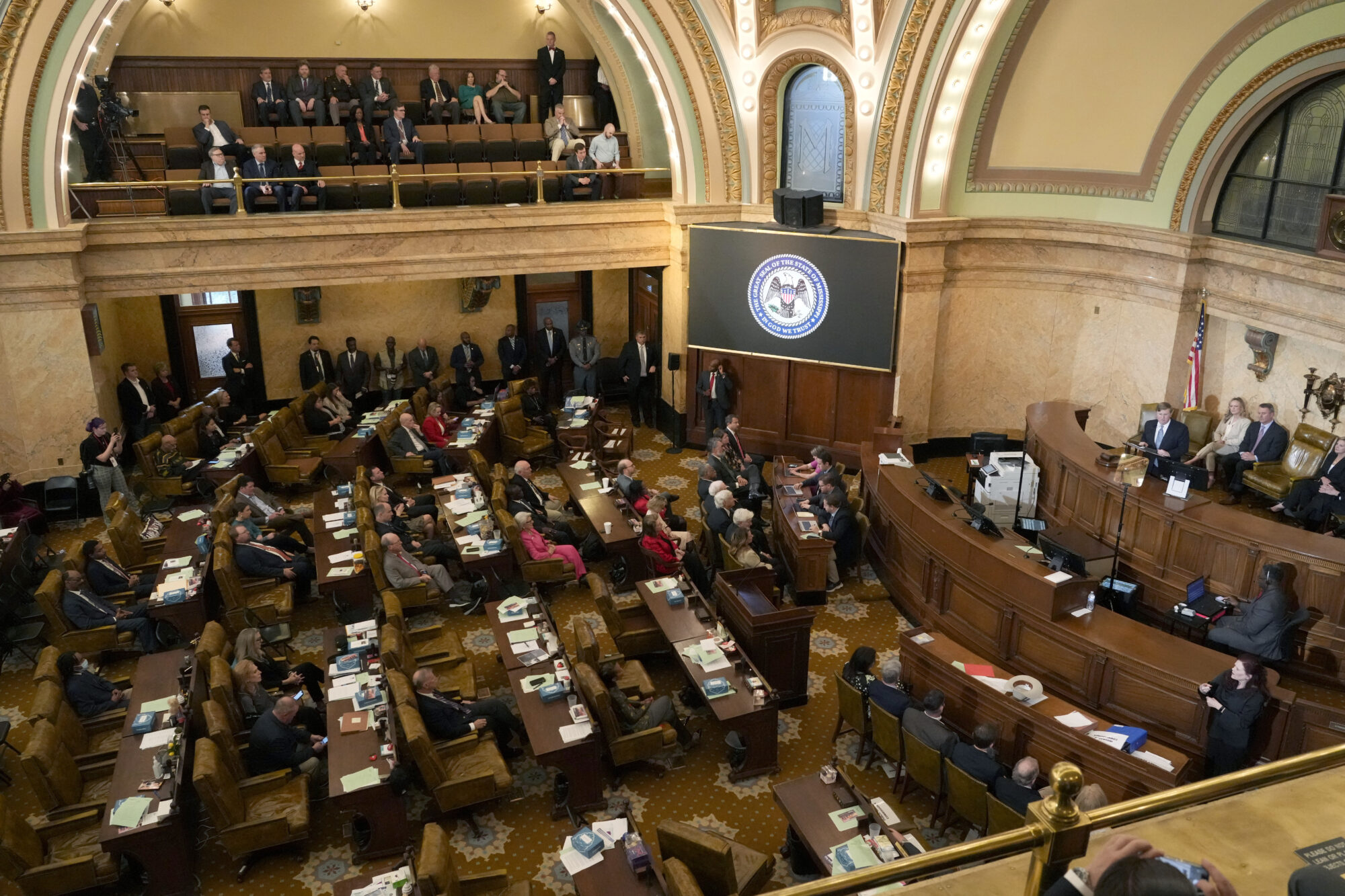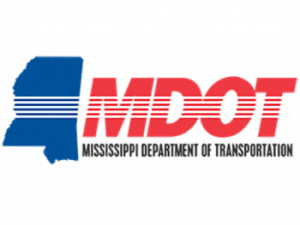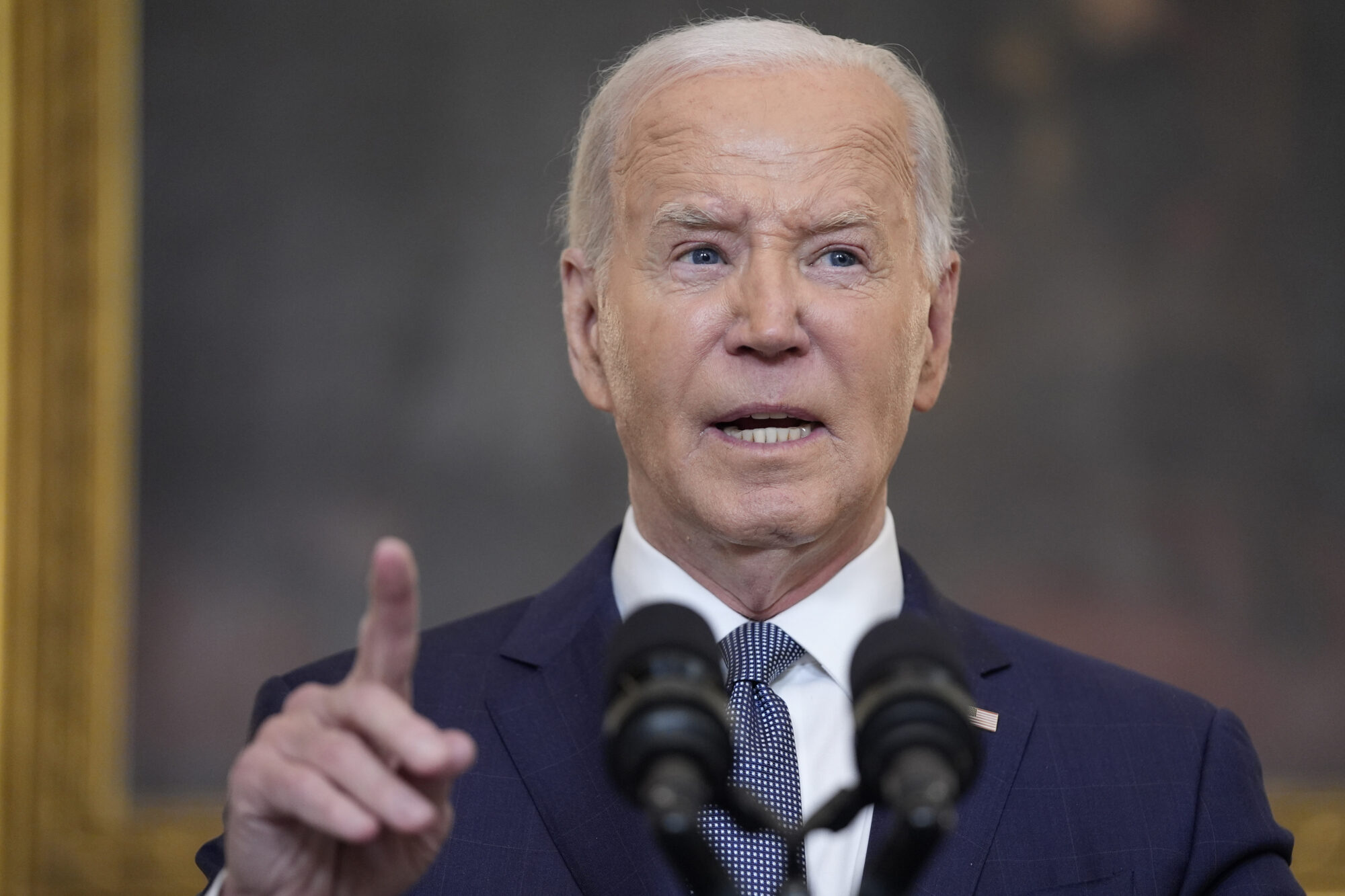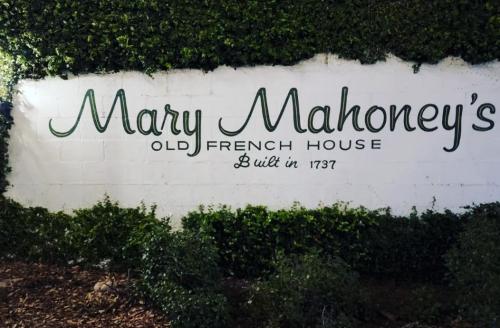Mississippi does not tax prescription drugs.
In fact, a statement from the Mississippi Department of Revenue requested today by Y’all Politics noted, “Mississippi sales tax law provides a full tax exemption for the sale of prescription drugs. Over the counter drugs are taxed at the full 7% rate. There are no other taxes applicable to the sale of drugs in Mississippi.”
Further, MDOR added, no fees are charged by the state for prescription drugs.
That could change, in theory, come November.
Initiative 65, the Medical Marijuana Initiative, as proposed by Mississippians for Compassionate Care allows for a fee up to the equivalent of the state’s sales tax rate of 7% be charged to the final sale of medical marijuana.

“It operates kind of like the state sales tax, but it’s not a tax; it’s just a fee,” Jamie Grantham, communications director for the Medical Marijuana 2020 campaign told Y’all Politics. “But the amount of it is allowed to be up to whatever the state sales tax amount is.”
Various state governments do charge a sales tax, an excise tax, and even allow local municipalities to apply their own tax on the drug. Mississippi’s initiative does not.
“This is not a tax. The fee is in line with other medical marijuana programs throughout the country. Thirty-four other states have medical marijuana programs,” Grantham continued. “That fee goes back into the Department of Health because this would be a self-funding program. It’s consistent with the way the rest of the country does that, and it’s in order for it not to be a drain on the Department of Health but in order for it to be a self-sustaining, self-funded program.”
But to patients at the point of sale, it will look like a sales tax.
And while the ballot initiative does not reference a “prescription” of medical marijuana or that the substance would be “prescribed” by a physician, that is in essence what the certification procedure would be from the patient’s perspective.
Even though states legalized medical or recreational marijuana, Tetrahydrocannabinol (THC) remains listed by the U.S. Drug Enforcement Agency as a controlled substance and no prescriptions may be written for Schedule I substances. These drugs are not readily available for clinical use.
“Since it’s a Schedule 1 substance it’s treated differently by the federal government, so that’s why physicians can certify for it but it can’t be prescribed,” Grantham said.
As defined in the proposed initiative, a licensed physician would complete a form provided by the Mississippi Department of Health certifying that a person who suffers from one of 22 debilitating conditions could benefit from the use of medical marijuana and that with use of the drug the patient’s symptoms could be mitigated. The certification would remain current for twelve months, unless the physician specifies a shorter period of time, and it can only be issued after an in-person examination of the patient in Mississippi.
Sounds like a prescription for a drug with refills, in any reasonable sense.
But the semantics do conceivably allow for the state to collect a fee or assess a tax on the drug in a way that no other prescription drug is currently handled by the State of Mississippi, and the language is consistent with other medical marijuana programs in the nation due to the DEA’s schedule under the Controlled Substance Act.
In addition, the ballot initiative allows for the fees applied to the issuance of identification cards and the licensing of medical marijuana treatment centers, along with the fee akin to a state sales tax, to be deposited in a special fund for exclusive use by the Department of Health “without prior appropriation or authorization.” It also states that, “Fund balances shall not revert to the General Fund.”
Therein may be the rub that causes the Legislature to place their own amended version of the medical marijuana initiative on the ballot, also allowing lawmakers to seek to add additional fees or taxes to the ballot initiative.
Medical marijuana could be viewed by some as a potential cash cow to shore up general fund or other specific funding needs making it plausible for those critics who want to be perceived as tough on drugs to soften when considering the potential for a new revenue stream. Such ideological gymnastics occurred with the passage of the lottery.

Sales of medical marijuana exceeded $5 billion nationally in 2019 and are projected to top $8 billion by 2023.
To those advocating for the passage of Initiative 65, ensuring that the program is self-sustaining was “intentional,” and should be viewed as a positive by lawmakers and citizens alike.
“If it’s not a self-funding program, the taxpayers are paying for it,” Grantham said. “That’s not what happens here. This is a self-funded program. That’s one of the ways the program is funded is through that fee but that’s consistent throughout the country with the way the programs are set up.”
The medical marijuana program, however, is not intended to fund other state needs, but rather to provide a medicinal service to patients with crippling pain that otherwise do not have an option to manage their ailments.
Adding additional fees or taxes, whether to the licensed treatment center or as a pass through at the point of sale, would have a direct adverse effect on the patient who is likely already struggling to pay their medical bills.
Lawmakers have in past sessions swept special funds to the general fund to assist in balancing the state budget. In 2016, the Legislature sought to move $104 million to shore up capital expenditures and stave off cuts. The impetus behind the Medical Marijuana 2020 campaign’s effort to not have the funds generated from the program revert to general fund is to ensure the sustainability of the program long term.
“The reason for that (language) is to protect the funds for the Department of Health so they don’t get swiped and used for something else,” Gratham added. “This program should stand alone for the benefit of the patients and be self-sustaining.”
The full proposed Medical Marijuana Ballot Initiative can be read here.
Mississippi will vote on Initiative 65 in the General Election on November 3, 2020.











